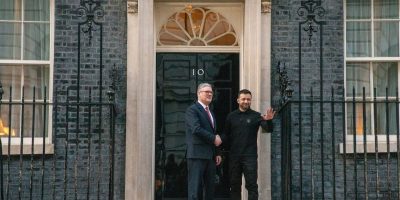The European Union expressed its grave concern over the situation in the West Bank, as the Israeli occupation forces continue to escalate their aggression in the northern regions.
“We are closely watching developments and cannot hide our concern when it comes to the West Bank,” EU foreign policy chief Kaja Kallas said.
“The ceasefire is a real chance to break the cycle of violence. It is imperative that we now move towards the second phase,” she added.
For the past month, the Israeli occupation forces have continued their aggression against the northern governorates of the West Bank, leading to the forcible displacement of thousands and widespread destruction in refugee camps. Residents have been denied the right to return to the camps, amid threats of an expanded offensive that could affect other governorates in the West Bank
“We are closely watching developments and cannot hide our concern when it comes to the West Bank,” EU foreign policy chief Kaja Kallas said.
“The ceasefire is a real chance to break the cycle of violence. It is imperative that we now move towards the second phase,” she added.
For the past month, the Israeli occupation forces have continued their aggression against the northern governorates of the West Bank, leading to the forcible displacement of thousands and widespread destruction in refugee camps. Residents have been denied the right to return to the camps, amid threats of an expanded offensive that could affect other governorates in the West Bank

















